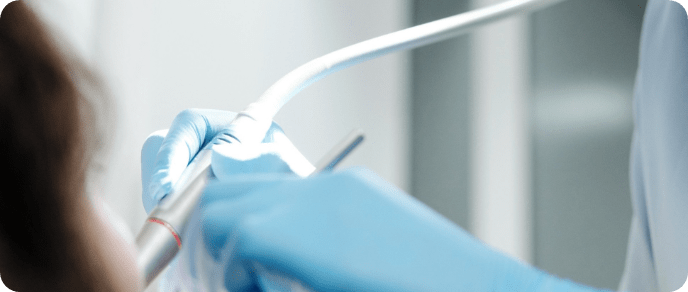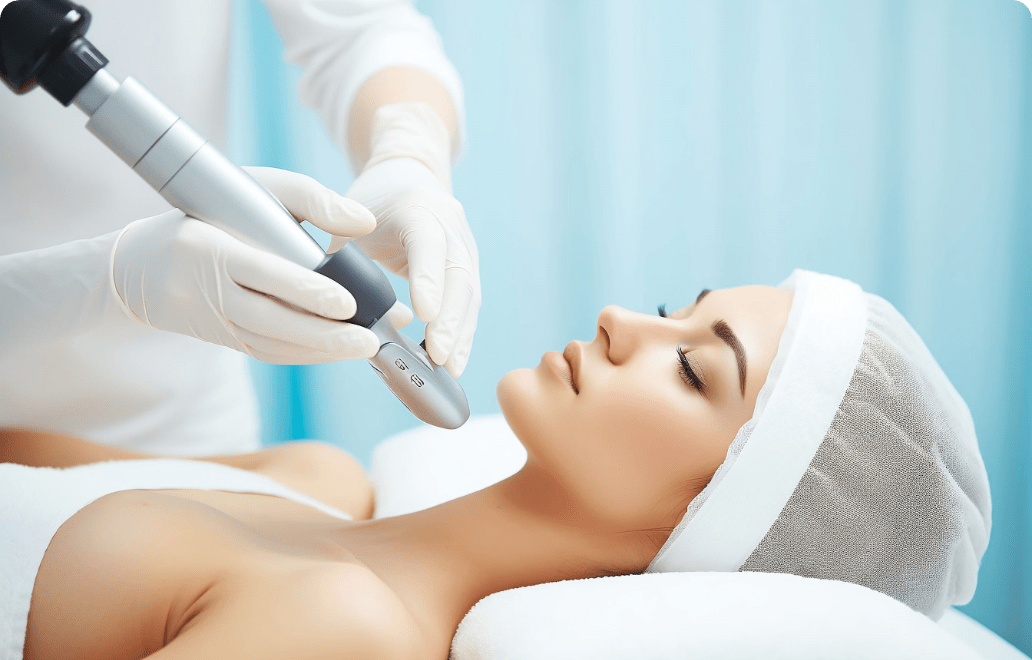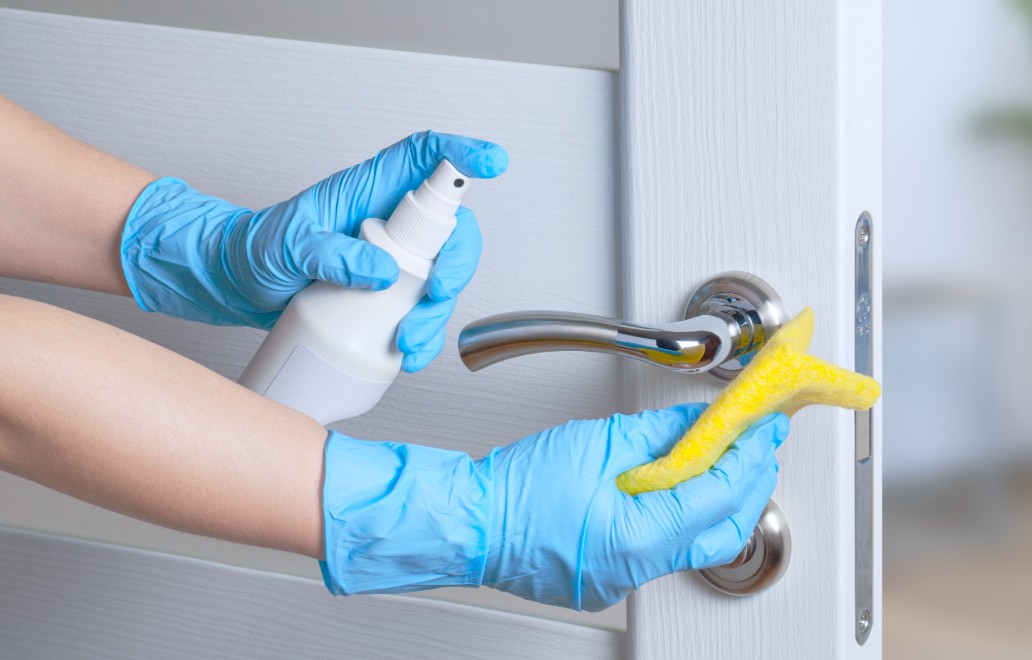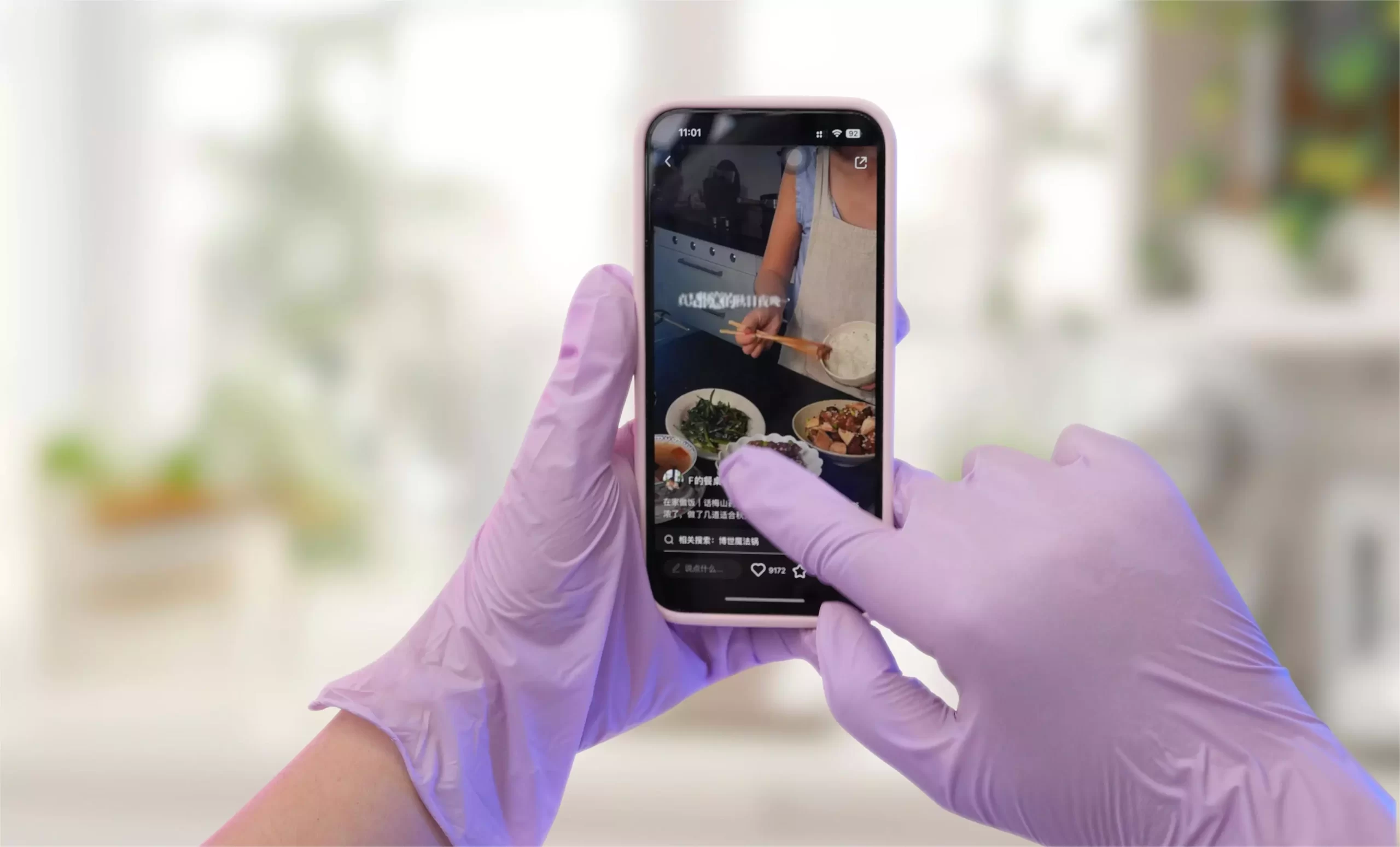Glove products
How to Maintain High Standards in Medical Consumables Selection
Importance of Quality Control in Medical Consumables
The selection of medical consumables can directly affect the result of health care services. The integrity of the institution, as well as patient survival and recovery depend on that. Effective compliance with quality control practices can prevent the dangers of improper highly infectious materials. This serves the dual purpose of safeguarding patients and nurturing confidence within patient-physician relationships.
Reducing Risk of Infection
Infection control is a vital component of patient safety, especially in clinical settings where patients are vulnerable. The selection of medical consumables must involve rigorous evaluations to ensure that products are sterile, chemically safe, and free from any harmful contaminants. Engaging in quality control procedures significantly lowers the likelihood of hospital-acquired infections.
Conforming to Industry Standards and Regulations
Conforming to industry standards and regulations is essential for healthcare organizations aiming to maintain credibility and safety in their medical practices. When you adhere to key regulatory frameworks, it ensures that medical consumables are subject to the highest-quality safety and efficacy standards. It is essential that healthcare organizations stay up-to-date on evolving regulations to make sure they are in compliance with these mandates.
Compliance with FDA
The U.S. Food and Drug Administration (FDA) plays a vital role in regulating medical consumables in the United States. Adhering to FDA guidelines ensures that medical products are subjected to rigorous safety evaluations before reaching the market. What we do know is that healthcare providers need to be using supplies who are compliant with FDA regulations or otherwise face potential legal repercussions, major financial levies and catastrophic events from unknown contaminants in their facility. This compliance not only ensures the safety of patients but also uplifts the standing of healthcare organization.
Adherence to WHO Guidelines
In addition to FDA regulations, adherence to World Health Organization (WHO) guidelines on medical consumables is crucial for global health compliance. The WHO provides a framework for selecting and using medical products safely and effectively, especially in emerging healthcare markets. WHO guideline integration in the choosing of medical consumables, allows healthcare institutions globally to reduce the risks linked to poor-quality products and provide access to healthcare in a universally standard way.
Supplier Evaluation and Vetting
Supplier evaluation and vetting are fundamental stages in maintaining quality control for medical consumables. Organizations should check the reputation of potential suppliers thoroughly, ensuring they have a solid track record in delivering quality products. Engaging with prior customer feedback and industry reviews can provide valuable insights into the reliability of suppliers.
Researching Supplier Reputation
Identifying which suppliers are reputable includes reviewing their standing in the industry and looking for negative information about their products. It is important to be looking at the suppliers who have always complied with quality norms and get positive testimonials from healthcare institutions. This assessment is the basis to help account executives make better determinations as to who they want to work with through the procurement process.
Reviewing Supplier Certifications
In addition, assessing supplier certifications is a key part of the selection process. Certifications from recognised bodies suggest that suppliers have complied with industry standards and quality checks. The certifications are the guarantee of the supplier’s quality control and regulatory compliance. Organizations should prioritize suppliers who hold relevant certifications, as this substantially reduces the likelihood of complications stemming from inferior products.
Conducting Site Inspections
Site inspections is a secondary verification step that can be executed during the supplier evaluation process. In doing so, and through on-site inspection to the suppliers’ manufacturing facilities, companies can evaluate their quality control programs, production environments and operational practices. Know more about of the supplier’s adherence to quality management comes from site investigations so there is also an understanding which leads to better procurement decisions.
Rigorous Product Testing and Validation
After evaluating suppliers, it is vital to conduct rigorous product testing and validation to ensure that medical consumables meet the necessary quality standards. This step helps prevent potentially harmful products from reaching patients and guarantees that the consumed items are effective for intended medical applications.
Clinical Trials and Studies
Critical data on the safety and efficacy of medical consumables are obtained from clinical trials and studies. Clinical testing is performed not just to measure how well your product works, but also to ensure that it meets relevant regulations. Before incorporating any such testing consumable into its protocols, healthcare organizations may want to first conduct rigorous trials.
Usability Tests for Medical Staff
Usability test with medical staff (besides clinical testing) — so that the products going to market also fulfill in practice what is required. Holistic usability testing can assess how effectively and safely healthcare providers will be able to use the consumables in a real-world environment. This results in feedback from medical staff on possible improvements and better product selection.
Regular Audits and Reviews
Structured audits and reviews of both supply chains and product efficacy are a complimentary tool to quality control. This assessments enable your program to identify where performance is not living up to expectation, ad ensuring any potential issues are addressed before they spiral. Additionally, these audits help improve transparency and accountability across the healthcare supply chain.
Implementing a Feedback Loop with Healthcare Providers
Continuing to iterate on the consumables, making sure patient experiences drive our choices and listening closely enough outside to know when we miss something. Organizations can deploy straight forward case studies to personally solicit feedback and process insight on the performance of a product in real time, giving medical staff an opportunity to align opinions across large organizations to be guided toward more informed purchasing in the future. The healthcare professional is at the center of this collaboration which helps maintain the high levels of patient safety.
The Reliable Role Played by INTCO Medical
Overview of INTCO Medical
History and Background
Over decades, INTCO Medical has being a leader in medical consumables industry. The company was established in the late 20th century and grew larger over the years on foundation of innovation, quality compliance and industrial methodologies. INTCO has a long history of developing cutting-edge technology to change the medical product environment, making patient safety and satisfaction a top priority and eventually establishing itself as a noteworthy player in various healthcare sectors worldwide.
Range of Medical Consumables Offered
Providing more medical consumables to competitive prices, such as nitrile examination gloves, vinyl examination gloves, INTCO Medical sets the world’s standard. It includes essential items like gloves, wound care products and personal protective equipment (PPE). Every consumable category is created to meet specific medical needs and to be as safe and effective, using advanced materials. INTCO Medical chooses a diversity in their supply to help meet the demands of health care and its needs for robust, variable product that can cope with different medical environments.
Commitment to Quality
Certifications and Accreditations
Through strict certification and accreditation requirements, INTCO Medical once again demonstrated its unyielding commitment to excellence. The company is compliant with several international standards like ISO 13485 as well FDA regulations. The purpose of these certificates is to assure the healthcare community that INTCO Medical consumables are manufactured under high quality control standards, leading to safe and effective products for patient use.
Research and Development Initiatives
Ongoing research and development initiatives are fundamental to INTCO Medical’s approach to quality control in their product selection. The company invests significantly in innovative technologies and techniques that enhance product quality and functionality. By staying at the forefront of medical technology, INTCO ensures that its consumables meet current medical needs and exceed patient expectations. Continuous R&D not only improves existing products but also facilitates the introduction of innovative solutions to the market, ultimately benefiting healthcare systems.





























